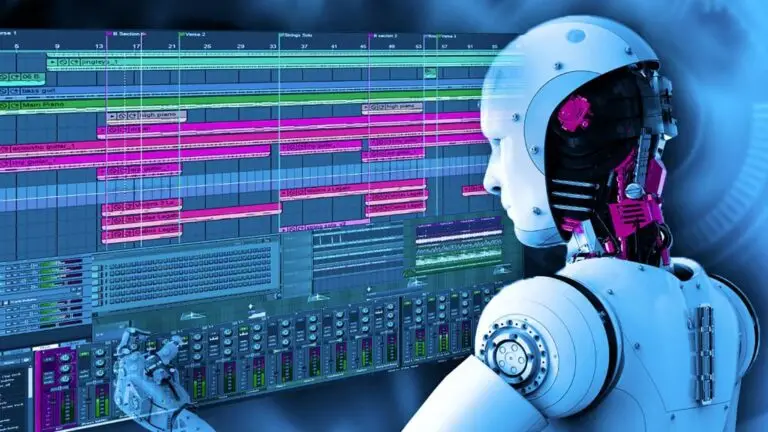In a startling revelation, a North Carolina musician, Michael Smith, recently made headlines after being arrested for allegedly orchestrating a scheme that exploited artificial intelligence (AI) to inflate music streaming royalty payments. Smith purportedly generated hundreds of thousands of songs and streamed them using bots, resulting in over $10 million in fraudulent royalties. This incident marks a pioneering case in the realm of AI-enhanced music fraud, raising critical questions about the technology’s implications for the industry.
As discussions around AI’s impact gain momentum, the focus shifts to its potential ramifications for Jamaica’s dub plate scene. Dub plates, which are custom tracks recorded for specific events or artists, may face disruption from AI-generated alternatives. This prospect has sparked a debate among industry insiders about whether AI represents a genuine threat or a mere distraction.
DJ Rush, a prominent radio disc jockey, downplays the concern, asserting that the lack of compelling music poses a greater challenge to the dub plate market than AI itself. “I see this as a fluke, over-hyped and blown out of proportion. The real problem is that the current music landscape isn’t appealing, and people aren’t willing to pay high prices for subpar tracks,” he stated.
Echoing this sentiment, Matthew Gray from Coppershot feels that the current state of music is not conducive to a flourishing dub plate culture. “AI doesn’t truly replicate the essence of the artists,” he commented, suggesting that the technology may actually foster greater creativity rather than threaten existing traditions. “We don’t have a strong dub plate culture right now, so I see artists creating personal dubs for friends rather than disrupting the scene.”
In contrast, DJ Marc Chin of Coppershot believes that technological advancements are inevitable and transformative. He likens AI’s potential in music to previous industry shifts, such as the transition from vinyl to digital formats. “If someone wants a Vybz Kartel dub plate and can’t get it, what’s the alternative? They might turn to AI. However, I doubt this will resonate with DJs entrenched in our culture, particularly in the clash scene,” he shared.
Veteran selector Foota Hype expresses more cautious views, highlighting the dual-edged nature of AI technology. “While it can have benefits, the dangers are substantial. AI could be used to create convincing impersonations, leading to legal issues and misrepresentation,” he warned. Foota Hype also recognized potential benefits for artists facing vocal challenges, such as Vybz Kartel, suggesting that AI might help restore the quality of their performances. Yet, he maintains a skeptical stance overall, noting that the risks often outweigh the rewards.
Prominent music promoter Andrew Powell of Worl Blast Music shares similar apprehensions about AI’s effects on the dub plate industry. “Yes, AI can complicate matters, especially when it mimics actual artists. Artists will need to navigate how to manage these developments, as the consequences could be far-reaching,” he cautioned.
Globally, the music industry is already reacting to the potential threats posed by AI. An open letter organized by the Artist Rights Alliance, signed by over 200 A-list artists—including Billie Eilish, J Balvin, and Katy Perry—calls for AI developers and digital music platforms to reconsider the implications of AI technology on artists’ rights and the music economy. Concerns about deep fakes and voice cloning highlight the need for urgent discussions on the ethics and regulations surrounding AI in music.
As the landscape of the music industry evolves, the balance between embracing technology and protecting artistry remains a crucial conversation. While AI holds potential for innovation, its disruptive nature demands thoughtful consideration, especially for cultural sectors like Jamaica’s dub plate tradition.

